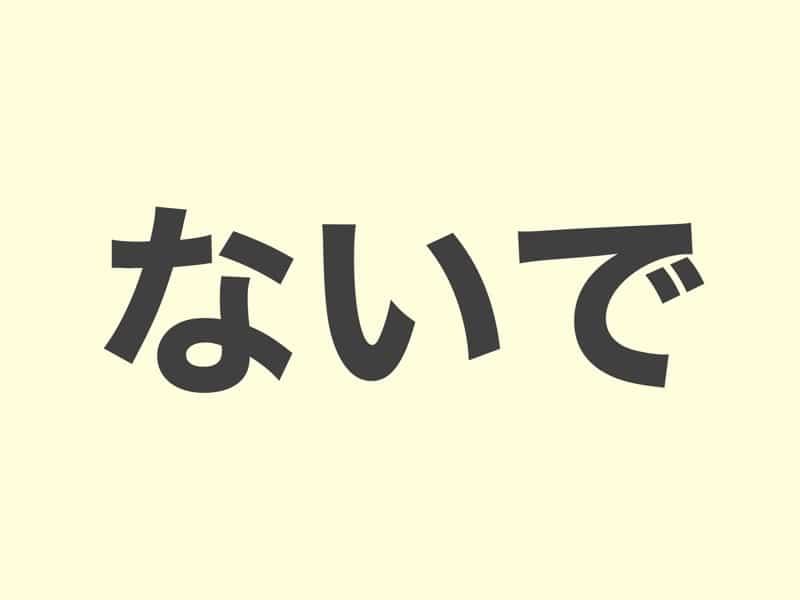説明 (Explanation)
文法(Grammar):ない形+で
意味 (Meaning):英語のWithoutの意味です。中級レベルの「ずに」と同じ意味。
英語(English):”ないで” in English translates to “without doing” or “without.” It signifies the idea of not doing a specific action or task.
例文 (Examples)
- 勉強しないで、テストを受けた。
- 練習しないで、試合に出た。
- 料理しないで、外食することが多い
- 朝ごはんを食べないで、学校へ行った。
- 昨日は寝ないで、テスト勉強をした。
ひらなが (Hiragana)
- べんきょうしないで、テストをうけた。
- れんしゅうしないで、しあいにでた。
- りょうりしないで、がいしょくすることがおおい。
- あさごはんをたべないで、がっこうへいった。
- きのうはねないで、テストべんきょうをした。
英語翻訳 (English Translation)
- I took the test without studying.
- I participated in the game without practicing.
- I often eat out instead of cooking.
- I went to school without eating breakfast.
- I studied for the test without sleeping yesterday.






コメント